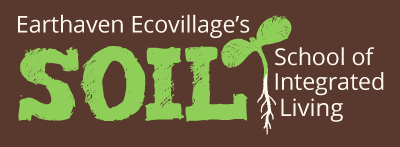Village Economics at Earthaven Ecovillage
The Ins and Outs of Money and Wealth at Earthaven Ecovillage
Self-paced Online Course
A viable economy is a key component to the success of all ecovillage and residential community projects. Yet, in stark contrast to the predatory, industrial, and highly consumptive nature of our world economic systems, Earthaven looks towards a more elegant, fair-share design for economics that includes right livelihood, living wages, sustainability, cooperation, and village well-being.
Discover the economic structure of our rural Appalachian intentional community, including:
- How the community raises funds for capital and operating expenses
- How the neighborhood coops are structured — ownership structures, ownership and fees
- How individual members survive financially
The course also covers business structures, what we’ve gotten right and wrong, and the future we hope to create around money.
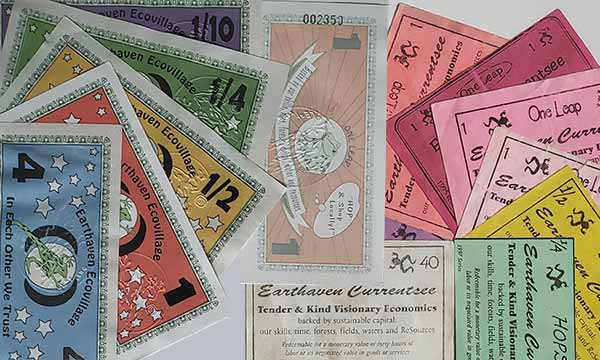
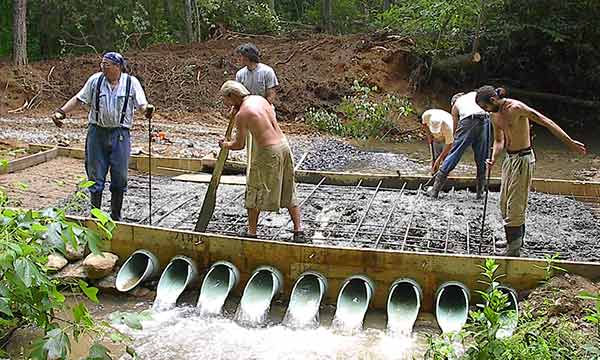
Program
Introduction
Video 1: Introduction to the course and the instructor.
Context of Economics
Video 2: Context of economics, including the three-legged stool of sustainability metaphor and related models, impact of the mainstream focus of profit, other ways that people are exploring.
Video 3: Introduction to the thinkers that influenced the instructor in regenerative and sustainable economics, including Charles Eisenstein, David Korten, and Robin Wall Kimmerer.
Components of Village Economics
Video 4: Earthaven village context, including native lands, regional economic geography, and Earthaven demographics.
Video 5: Community structure (economic parts), including different types and economic models of intentional communities, Earthaven’s legal entities and what each governs, an introduction of Earthaven’s internal governance structure and currency, and fees and labor requirements for residents.
Video 6: Neighborhood structure, including the relative sizes and costs of housing at Earthaven and in our region, and the finances involved with building and living in the Village Terraces Housing Coop at Earthaven.
Video 7: Making a living, including the concepts of energy slaves, the Happiness Index, the gig economy, and examples of how Earthaven residents make a living.
Video 8: Businesses, including businesses at or near Earthaven, businesses that were at Earthaven in the past, and examples of businesses in other communities.
Celebrations and Challenges
Video 9: Celebrations and challenges of village economics at Earthaven Ecovillage.
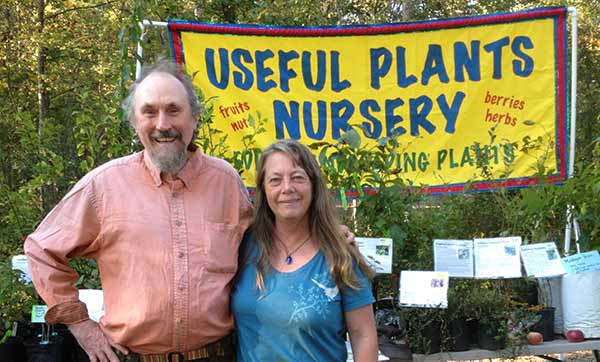
Cost
$35
What’s Included
Nine videos totaling 78 minutes. Each video has subtitles and includes resources and a transcription.
You have access to this course for at least one year after purchase.
About the Instructor
Faculty and SOIL Co-Founder Lee is a sustainability professional with twenty five years of experience envisioning, designing, and living innovative solutions to organic food systems, intentional community, and sustainability education. She’s been living in rural, land-based community since 1995 and at Earthaven Ecovillage since 2000. 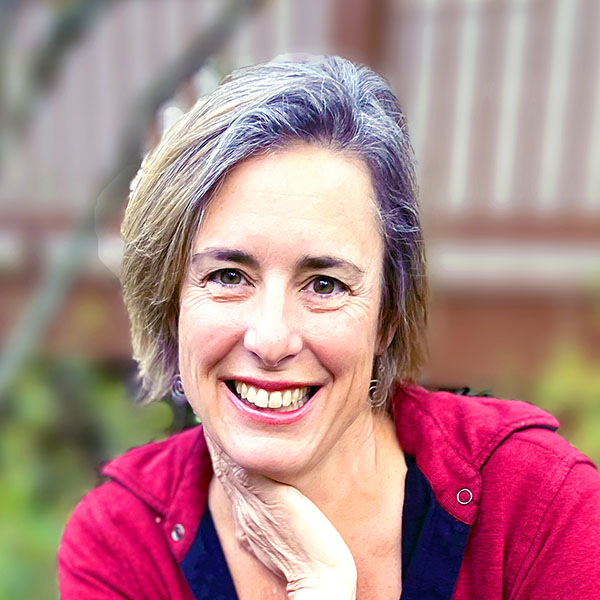
Lee Warren
